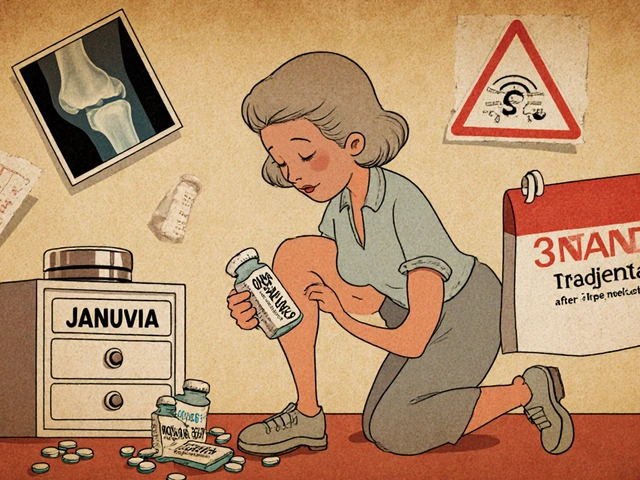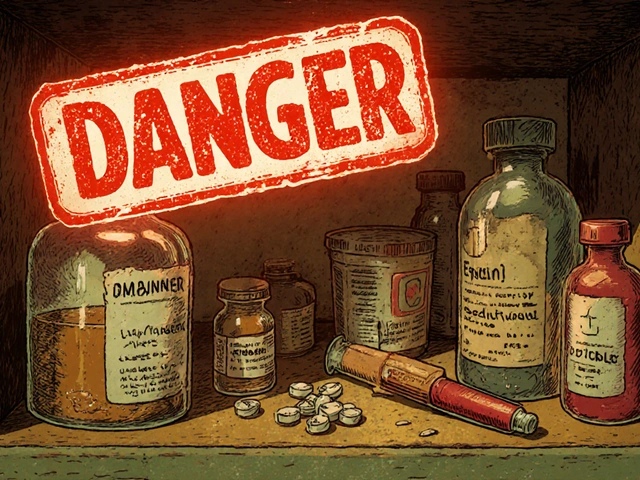Citrus drug interactions: what grapefruit and similar fruits do to your meds
Did you know a single glass of grapefruit juice can change how a pill works? That’s not an exaggeration. Grapefruit and some other citrus fruits contain compounds that block enzymes in your gut—most famously CYP3A4. When that enzyme is blocked, certain drugs stay in your blood longer and can reach unsafe levels.
Why citrus affects so many medicines
Grapefruit contains furanocoumarins (names like bergamottin). These chemicals hit CYP3A4 and sometimes P-glycoprotein, two systems that normally break down or pump out drugs. If they’re blocked, drug levels rise. The effect can start with one drink and last up to 48–72 hours, so simply spacing your pill and juice won’t reliably prevent a problem.
Not all citrus is equal. Navel oranges and common sweet oranges usually don’t cause this. But Seville (bitter) oranges, pomelo, and some limes can. Fresh juice, bottled juice, and the whole fruit can all matter—don’t rely on whether it’s juice or fruit to be safe.
Which drugs are most at risk and safer swaps
Here are common drug groups that can be affected and practical notes you can use when talking to your doctor or pharmacist:
- Statins: Simvastatin and lovastatin can jump to toxic levels with grapefruit. Consider pravastatin or rosuvastatin instead; they’re much less affected by grapefruit.
- Blood pressure drugs: Some calcium channel blockers (nifedipine, felodipine) are sensitive. ACE inhibitors and many beta blockers are safer alternatives.
- Immunosuppressants: Tacrolimus and cyclosporine can rise dangerously. If you’re on these, avoid grapefruit entirely and double-check with your transplant team.
- Benzodiazepines and sedatives: Midazolam and triazolam can have stronger sedative effects when mixed with grapefruit.
- Erectile dysfunction and other drugs: PDE5 inhibitors (like sildenafil) and certain antiarrhythmics or anticancer drugs can also be affected—sometimes with serious consequences.
If a drug isn’t listed above, don’t assume it’s safe. The interaction depends on how that drug is metabolized. Check the leaflet, use an online interaction checker, or ask your pharmacist.
Quick, useful rules you can follow right now:
- Tell every provider and pharmacist if you eat grapefruit or take grapefruit juice regularly.
- If your medicine lists CYP3A4 in the leaflet, ask about grapefruit.
- Don’t try to “time” your fruit and pills—enzyme inhibition lasts days.
- If you’re switched to a new drug, confirm whether grapefruit is off-limits.
If you ever feel unusual side effects—like extreme muscle pain on a statin, sudden dizziness, or excessive drowsiness—contact medical help and mention grapefruit to your provider. Small habit changes, like swapping grapefruit juice for apple juice, can prevent big problems.

Citrus Drug Interactions: Hidden Risks Beyond Grapefruit Explained
Worried about your morning orange juice? It's not just grapefruit you need to watch. This article digs deep into how Seville oranges, pomelos, and tangelos can seriously mess with medications, not just statins. With surprising stats, practical tips, and a dose of Austin personality, this guide will help you avoid risky interactions while still enjoying your favorite fruits.
Read More




